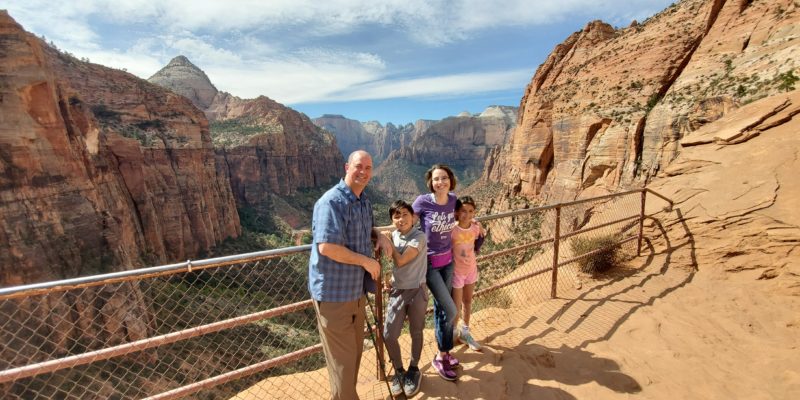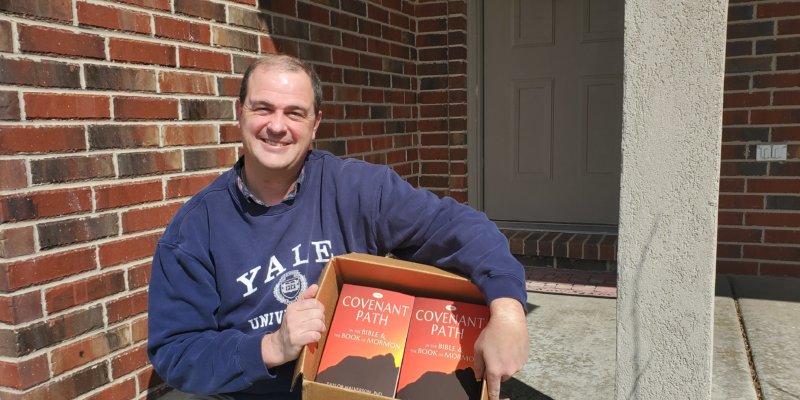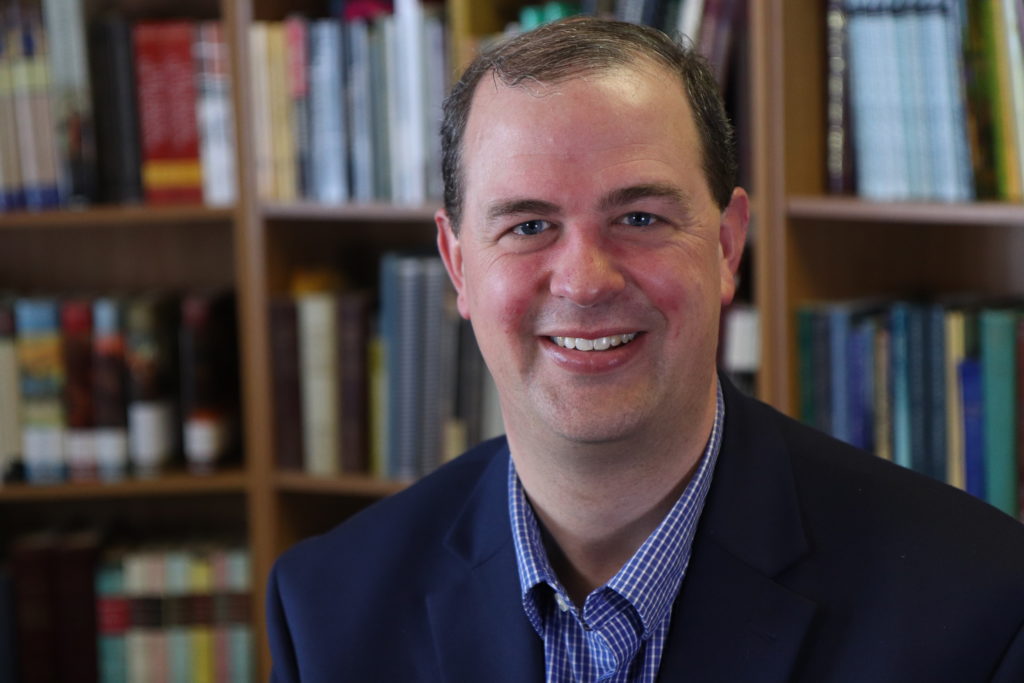One of the myths of Higher Education is that research and teaching ability are correlated. A related myth is that anyone who can research can teach. A similar myth is “to become a great teacher, research more.” Developing fine-tuned research skills takes years of practice and development. Why? Because researching is a complex skill. Teaching is also a complex skill that requires the same level of commitment and years of practice to develop. Yet, most university professors have been told the false myth, and believed the myth, that if they know enough it will make them great teachers. Wrong.
Professors are scandalized by students who struggle to shed debilitating myths and worldviews. So why can’t those in Higher Education do some reflection and model for students how to shed debilitating myths, like shedding those mentioned above? One major reason, TRADITION: Enter Tevye to sing “Tradition!”
Relevant quotes from the NYT article “A Solution for Bad Teaching“
“IT’S no secret that tenured professors cause problems in universities. Some choose to rest on their laurels, allowing their productivity to dwindle. Others develop tunnel vision about research, inflicting misery on students who suffer through their classes.“
“The heart of the problem is that we’ve combined two separate skill sets into a single job. We ask researchers to teach, and teachers to do research, even though these two capabilities have surprisingly little to do with each other. In a comprehensive analysis of data on more than half a million professors, the education experts John Hattie and Herbert Marsh found that “the relationship between teaching and research is zero.” In all fields and all kinds of colleges, there was little connection between research productivity and teaching ratings by students and peers.“
****
Mary C. English, PhD, Director of Faculty Learning Initiatives Virginia Tech, had these insightful comments to share in response to the article:
“Back in the day, when teaching meant transmitting content, it was easier to have the expert in the discipline do the transmitting. However, now that teaching involves creating meaningful learning experiences for a diverse set of learners, it is not always fair or reasonable to mesh the two together. There are architects and there are builders. There are songwriters and there are singers. There are exceptions, but typically these are different people because these are different skill sets. I happen to know Josh Eyler, and have been in his classroom, so I know that he is one of those exceptions–the person who effectively conducts empirical research in his discipline and who effectively teaches. Not everyone can do that.
“Effective teaching in today’s world, in my book, depends on a strong commitment to reflective teaching, iterative improvement, understanding pedagogy, how people learn, user-centered design, and relating to students. Someone who is dedicating their life to discovery by conducting empirical research may not have the desire to also make the commitment to effective teaching, since they are both major undertakings. But some do have the desire and the ability.
“Cutting edge research should absolutely be integrated into the curriculum, but doing so does not require the researcher to be the teacher. In the corporate world (where I spent most of my career until about 4 months ago), the distinction between the design of the learning experience and the facilitation of the learning experience are widely recognized as two different things. Instructional designers are hired to design the instruction, working side-by-side with subject matter experts who then are supported in the initial delivery. This is happening in higher ed as well, but as far as I can tell, it typically only happens when the course is being put online or someone wants help “flipping” their classroom. In my opinion, an instructional design process should be applied regardless of the format/venue. That can be done by an instructional designer or by an instructor who has those skills and the commitment.
“In summary, I agree with the notion of different strokes for different folks (different tenure tracks for different interests). The person who is responsible for creating educational experiences for students must have not only deep subject matter expertise, but also a strong commitment to effective teaching.”





